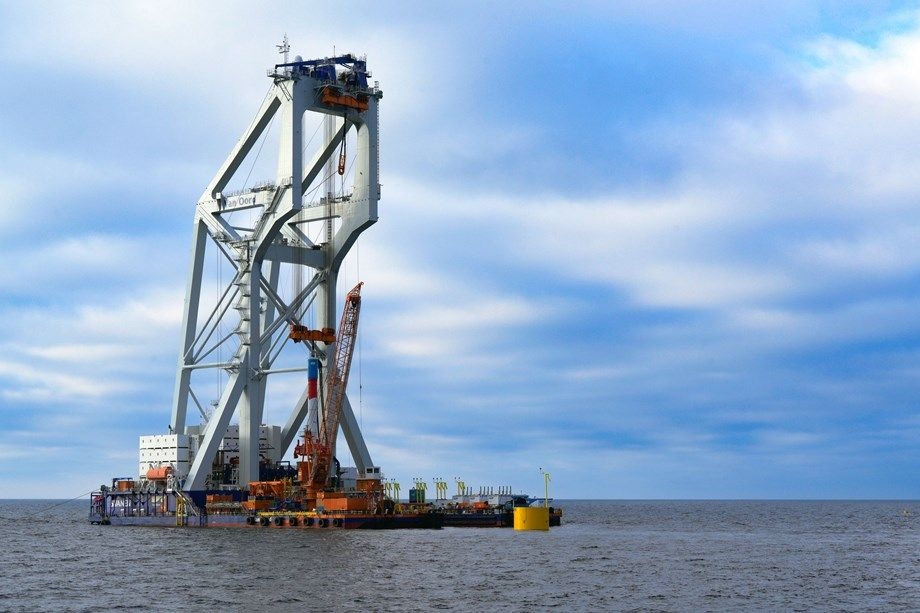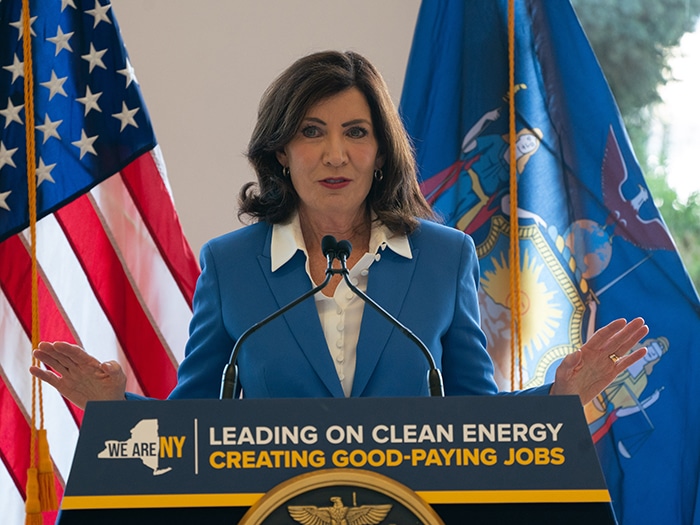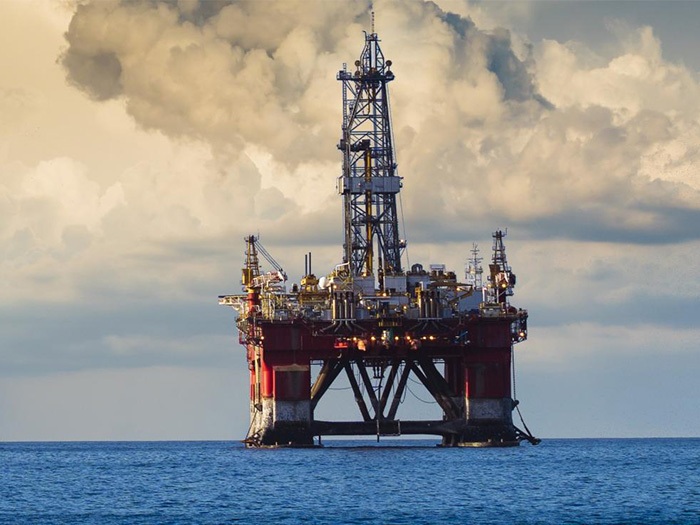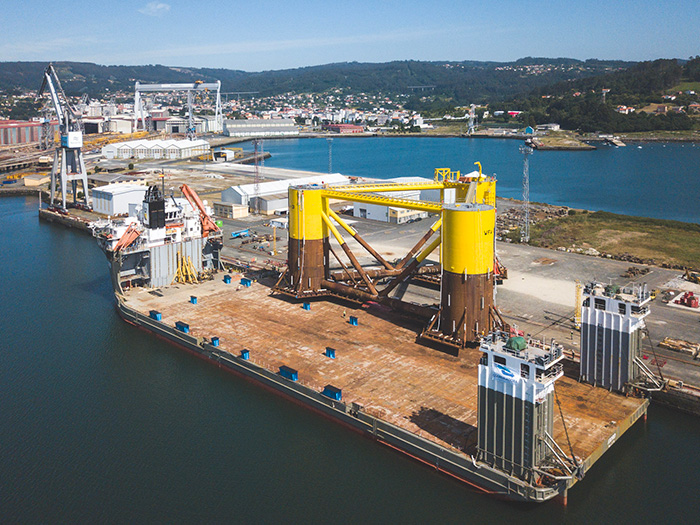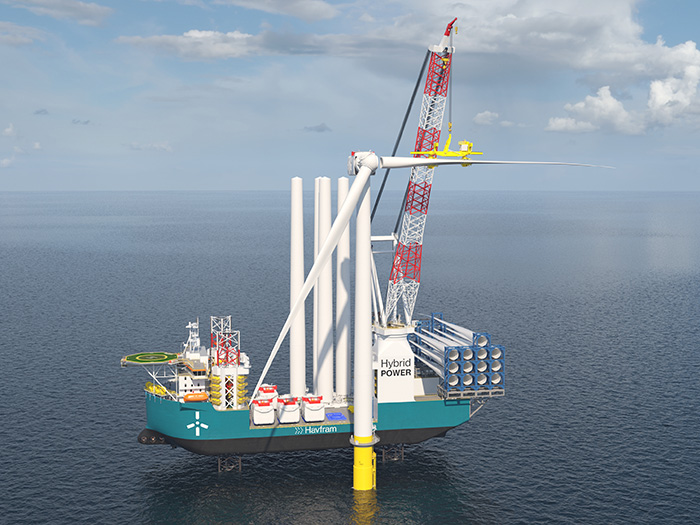

What does COVID-19 mean for the energy transition? While lockdowns have caused a temporary fall in CO2 emissions, the pandemic risks derailing recent progress in addressing the world’s energy challenges.
The current state of the sector is described in the World Economic Forum’s Energy Transition Index 2020. It benchmarks the energy systems of 115 economies, highlighting the leading players in the race to net-zero emissions, as well as those with work to do.
With pressure to get idle economies back to “normal”, the short-term shift to a more sustainable energy sector could be in doubt. But the current crisis also presents an opportunity to rethink how our energy needs are met, and consider the long-term impact on the planet.
Unprecedented change
The past decade has seen rapid transformations as countries move towards clean energy generation, supply and consumption. Coal-fired power plants have been retired, as reliance on natural gas and emissions-free renewable energy sources increases. Incremental gains have been made from carbon pricing initiatives.
Since 2015, 94 of 115 countries have improved their combined score on the Energy Translation Index (ETI), which analyzes each country’s readiness to adopt clean energy using three criteria: energy access and security; environmental sustainability; and economic development and growth.
But the degree of change and the timetable for reaching net-zero emissions differ greatly between countries, and taken as a whole, today’s advances are insufficient to meet the climate targets set by the Paris Agreement.
The 10 countries most prepared for the energy transition
Sweden tops the overall ETI ranking for the third consecutive year as the country most ready to transition to clean energy, followed by Switzerland and Finland. There has been little change in the top 10 since the last report, which demonstrates the energy stability of these developed nations, although the gap with the lowest-ranked countries is closing.
Top-ranked countries share a reduced reliance on imported energy, lower energy subsidies and a strong political commitment to transforming their energy sector to meet climate targets.
The UK and France are the only two G20 economies in the top 10 however, which is otherwise made up of smaller nations.





